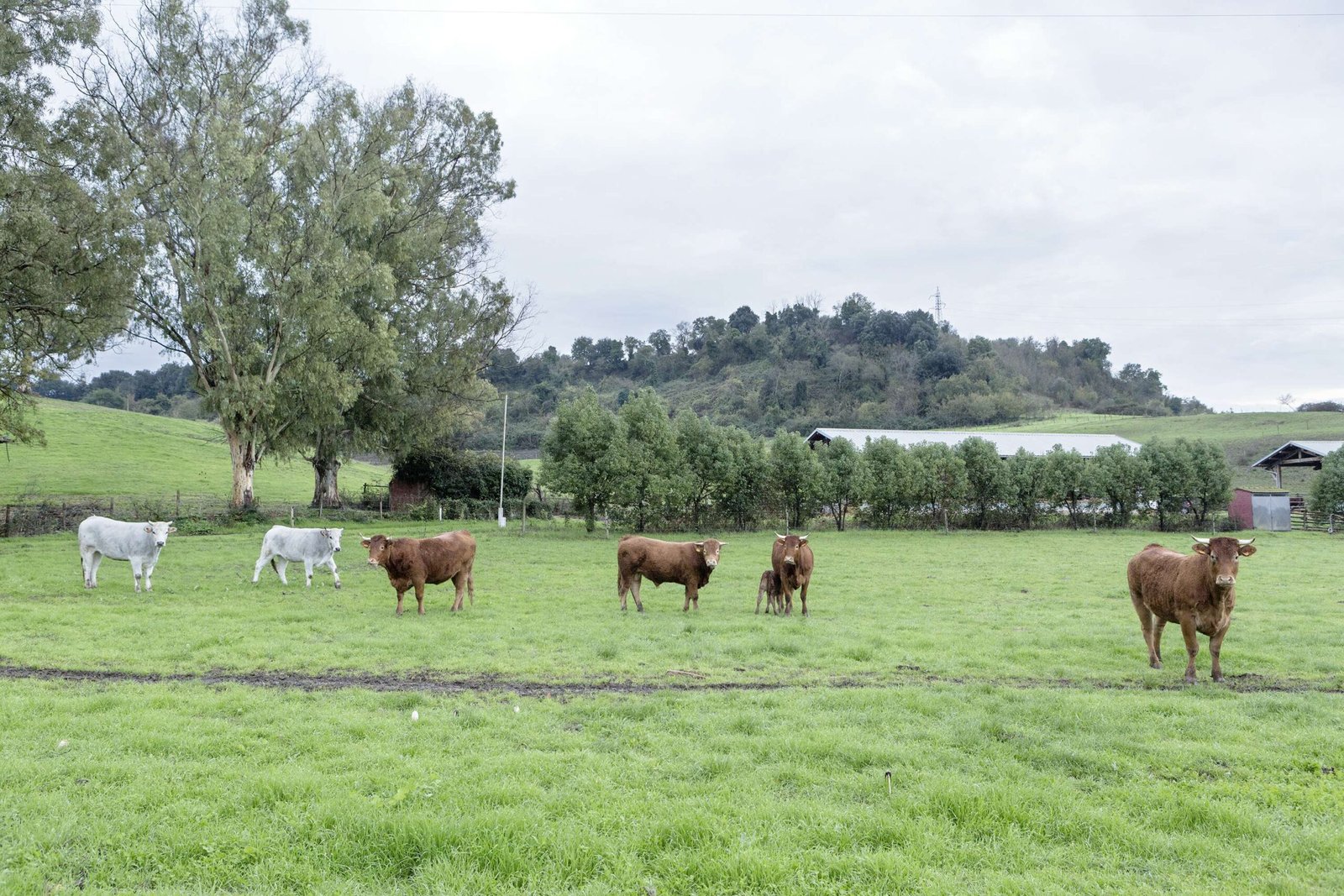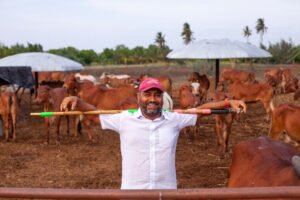Monday, 16 February 2026
FAO launches global initiative to reduce need for antimicrobials for sustainable agrifood systems
Reduce the need for antimicrobials on Farms for sustainable agrifood systems transformation already piloted in Indonesia, Uganda and Nigeria The Food and Agriculture Organization of the United Nations (FAO) announced…

Reduce the need for antimicrobials on Farms for sustainable agrifood systems transformation already piloted in Indonesia, Uganda and Nigeria
The Food and Agriculture Organization of the United Nations (FAO) announced the launch of a new action-oriented, country-focused initiative to reduce the need for antimicrobials on farms, amid the growing threat posed by Antimicrobial Resistance (AMR) in the food and agriculture sector, impacting terrestrial and aquatic animal health, plants and the environment and causing significant economic losses to farmers across the globe.
“The persistent use of antimicrobials in livestock production is concerning for human health, animal welfare, and environmental sustainability,” QU Dongyu, FAO Director-General said in a video message announcing the launch of the initiative Reduce the Need for Antimicrobials on Farms for Sustainable Agrifood Systems Transformation (RENOFARM).
“We must explore innovative pathways to curb the use of antimicrobials and promote sustainable practices that safeguard public health and our planet’s well-being while improving livestock productivity,” he told the International Symposium on Pathways to Reduce the Need for Antimicrobials to Support Sustainable Livestock Transformation in Chongqing.
Organized in collaboration with the Rongchang District, Chongqing City, Chongqing Academy of Animal Sciences, National Center of Technological Innovation for Pigs, and with support from the Ministry of Agriculture and Rural Affairs of China, the event gathered more than 200 experts from China and across the globe.
The RENOFARM initiative aims to provide countries with policy support, technical assistance, capacity building, and knowledge sharing to help reduce the need for antimicrobials in livestock production, prioritizing animal health and welfare, mitigating environmental impact, and enhancing food security and nutrition thus, helping to achieve the 2030 Agenda and its Sustainable Development Goals.
Technology
Setting the Standard for Sustainable Ingredients
Feb 16, 2026 | Ingredients
Chiquita Advances Banana Innovation with Completion of Yelloway Banana Pan-Genome
Feb 13, 2026 | Company News
Food Testing
Redefining Trust in Organic Foods through Independent Testing
Feb 13, 2026 | Food Safety and Testing
AFNOR International Eyes Global Food Safety Growth with HACCP Group Takeover
Feb 04, 2026 | Australia
More Popular
India’s Nutraceutical Sector Poised for Tenfold Growth over Pharmaceuticals: FSSAI
Feb 16, 2026 | Events
Saputo Enters Agreement to Divest Majority Stake in its Argentina Operations
Feb 16, 2026 | Company News
JBS Inaugurates New Plant in Saudi Arabia
Feb 16, 2026 | Company News





